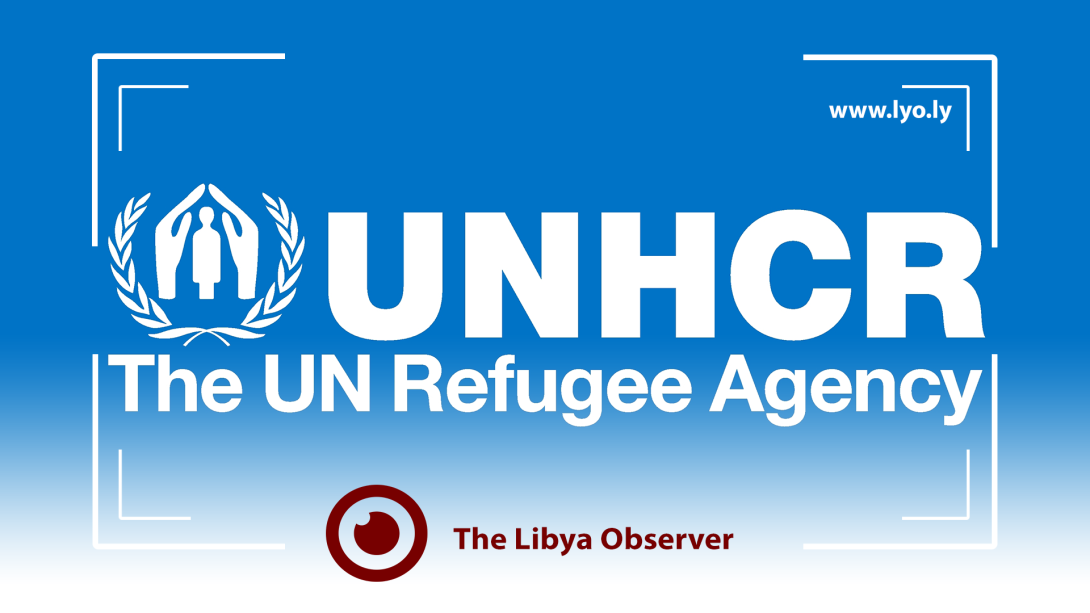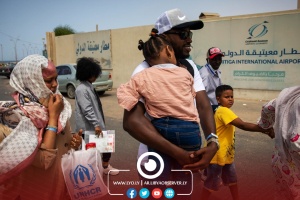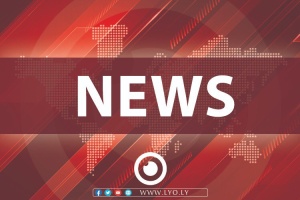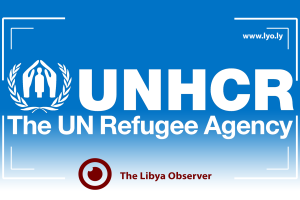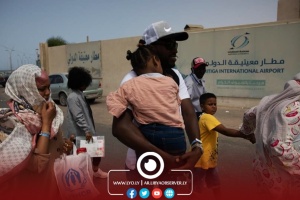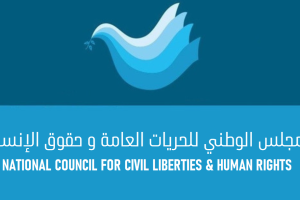UNHCR said in a report tackling its 2020 activities in Libya that, together with its partners, it had implemented 43 quick impact projects with the active participation of host communities and internally displaced people (IDPs) and in consultation with Libyan national authorities.
UNHCR said that throughout the year, it distributed, along with its partner LibAid, core-relief items, such as blankets, heaters, winter clothes, plastic sheets, solar lamps, kitchen sets and hygiene kits, to some 34,000 IDPs and returnees in over 10 cities, including Tripoli, Nafusa mountains, Benghazi, Derna and Misrata.
UNHCR and its partners, ACTED and DRC, also provided multipurpose cash assistance to 4,269 individuals, who used the funds to cover basic needs, including food, hygiene items, and other necessities.
UNHCR said it had also supported many municipalities, hospitals and schools with sports kits, school desks, computers, water tanks, generators, solar streetlights, waste management items, mattresses, soap bars, face masks, hand sanitizers, protective gear, thermometers, prefabricated containers, sanitary cloth, hospital tents and ambulances.
"Assistance reached right across Libya including but not limited to Tripoli, Misrata, Benghazi, Azzawya, Zintan, Ejdabia, Ghat, Sabha, Al Kufra, Al Jabal Al Akhdar and Al Marj." UNHCR explained.

